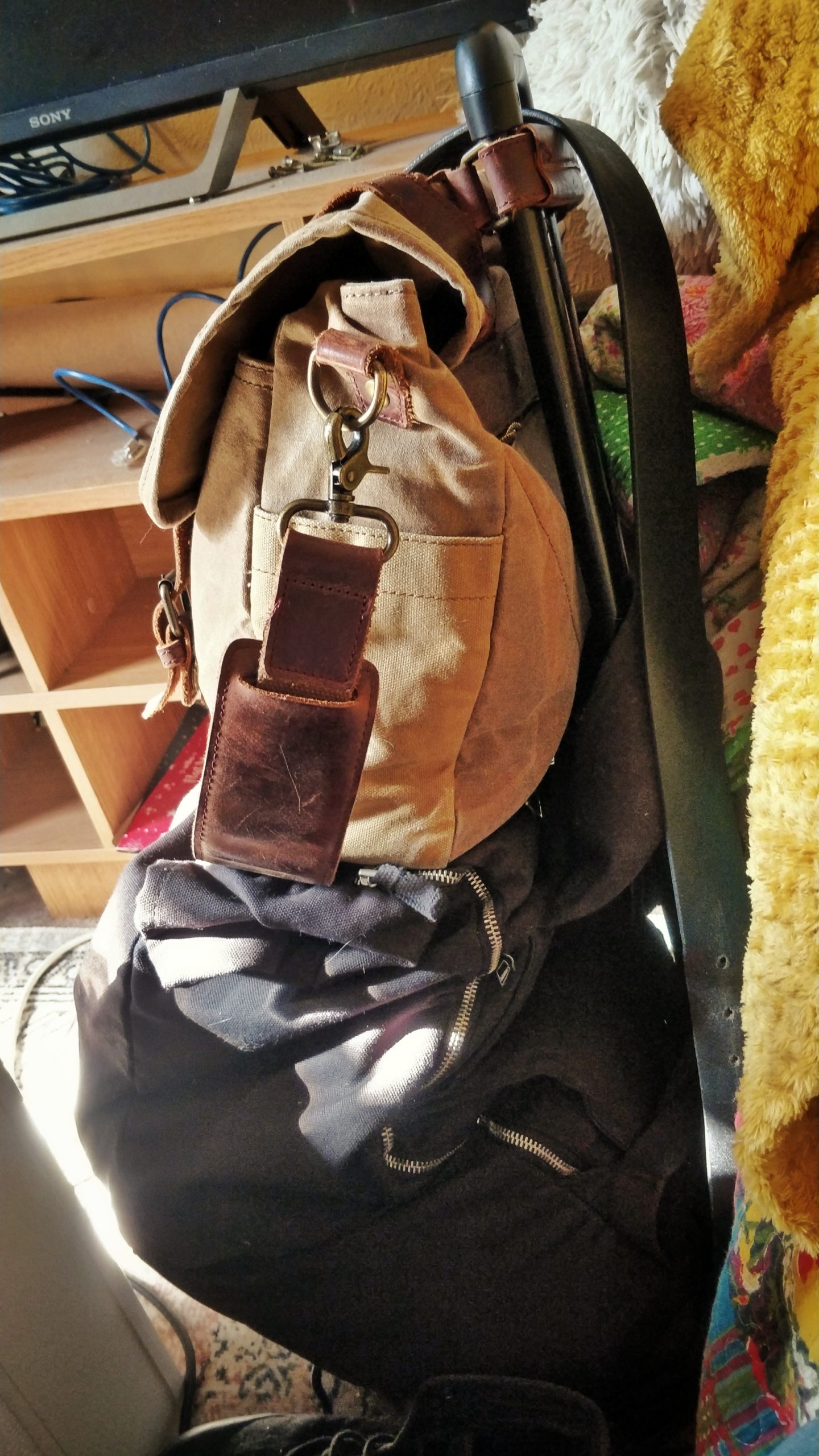He didn’t just “die”. The cops murdered him. Guess what color Herman Whitfield’s skin was. No, go ahead, guess, I’ll wait.
https://eu.indystar.com/story/news/crime/2022/04/27/herman-whitfield-pianist-indianapolis-police-taser-death-mental-health-services/9554930002/
The Queen’s Remembrancer
The Exchequer Court is reconstituted every year for the three ancient ceremonies of the “Rendering of the Quit Rents to the Crown” by the City of London at the Royal Courts of Justice.
The oldest dates from 1211, where the City pays service for two pieces of land, The Moors near Bridgnorth in Shropshire, for which the City must pay two knives, one blunt and one sharp.
The second oldest has been made, entered in the Great Roll of the Exchequer, since 1235, for ‘The Forge’ in Tweezer’s Alley, just south of St Clement Danes, near the Strand in London, for which the City must pay six horseshoes and 61 horseshoe nails – these are over 550 years old, since after being rendered to the Queen’s Remembrancer they are preserved in his office, and with the permission of the Crown they are loaned to the Corporation of London to be rendered again the following year.
These two quits are paid together as one ceremony, during which a black-and-white chequered cloth is spread out – it is from this that the word “Exchequer” derives – combined with the introduction to the Remembrancer of the City’s newly elected sheriffs.
The Comptroller and Solicitor of the City of London presents the horseshoes and nails and counts them out to the Remembrancer who then pronounces “Good number.” The knives are tested by the Queen’s Remembrancer by taking a hazel stick, one cubit in length, and bending it over the blunt knife and leaving a mark, and the stick is split in two with the sharp knife. This practice stems from the creation of tally sticks where a mark was made on a stick with a blunt knife for each payment counted. When payment was complete the stick was split down the middle, leaving each party with half of the marked stick and creating a receipt (or foil and counter-foil). After the knives are tested the Remembrancer pronounces “Good service”.
The third quit rent dates from 1327, and is for £11 in regard to the reserved interest of the Crown for the ‘town of Southwark‘. In that year the City was granted its fourth-oldest Royal Charter to acquire Southwark from Edward III for this annual payment. It was specifically retained by Edward VI in the 1550 charter to the City, which extended its jurisdiction over the outlying parts of Southwark. This quit is rendered by the Foreman of the City’s Court Leet Jury of the “Town and Borough of Southwark”, alias Guildable Manor, which is the area as defined in 1327. The continuation of this body is sanctioned under the Administration of Justice Act 1977. The ceremony takes place in the Cathedral library, the Glaziers’ Hall or London’s City Hall. This sum is rendered onto the Exchequer Cloth in the form of Crowns (5 shilling pieces, equivalent to 25 new pence), which remain legal tender. The Remembrancer pronounces “Good service” and this is witnessed by the Clerk of the City’s Chamberlain’s Court and the manor jurors to note that the payment has been made.
Mars’s Soundscape Is Strangely Beautiful
Greg Abbott Is Considering Declaring Texas Under ‘Invasion’
Now that I don’t have to worry about Zuckerjail: fuck this fucking cracker ass cracker. I’m ashamed to be Texan anymore.
https://www.vice.com/en_us/article/bvnewv/texas-greg-abbott-invasion-immigrants
Amazon Kindle E-Readers Will Now Make It Easier to Load EBooks You Didn’t Buy From Amazon – Slashdot
I’m glad – I use an online converter to convert epub to mobi and it’s a hassle.
What a billion square feet of warehouses looks like
Kathy Boudin, former Weather Underground radical, dies at 78
I learned, as a child, that there was no place that was home. My great-grandfather’s farm was home, but then the Corps of Engineers came along and bought it from him so they could build a reservoir, whose shores never even came near his land.
He used the money to build a replacement house in the next town, and that was home for a while – not that we lived there, but on weekends, we’d go from whatever apartment or house my mom was renting up there.
My mom went to Nashville and I went to Turkey, and then to Nashville for a while, and then Pappy’s house really was home for a bit, until Mom decided to move us again to Montana. My great-grandfather died and my grandparents, who lived wherever the work was, decided to rent out and then sell his house.
No place was home, after that. Not ever, not really. Just a place I could put my stuff for a while, until I couldn’t afford to pay rent or something else changed.
Home is my laptop bag. It’s the only thing that goes everywhere with me, the only thing nobody can take from me. (Some have tried. All have failed. Some are probably still terrified of ever crossing my path again.) Everything I need to make money fits in it. With a backpack for my clothes, I have everything I need.
Life is a bridge, said Akbar the Second; travel across it, but build no house upon it. My entire life is a series of often bitter reminders of the truth of that proverb.
This is my home.
